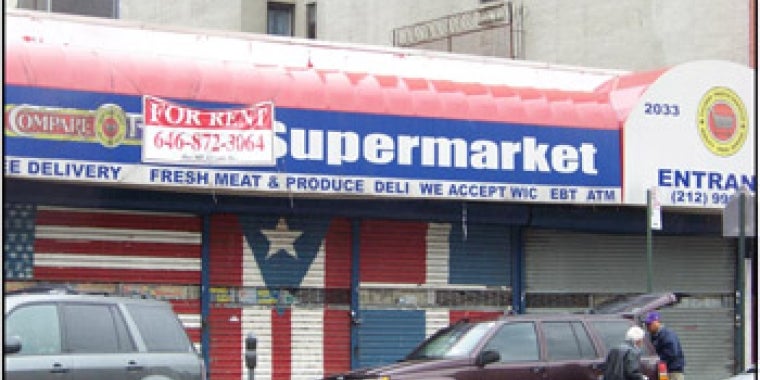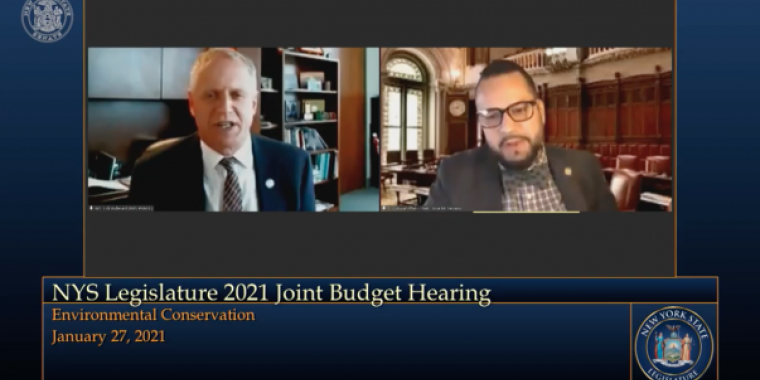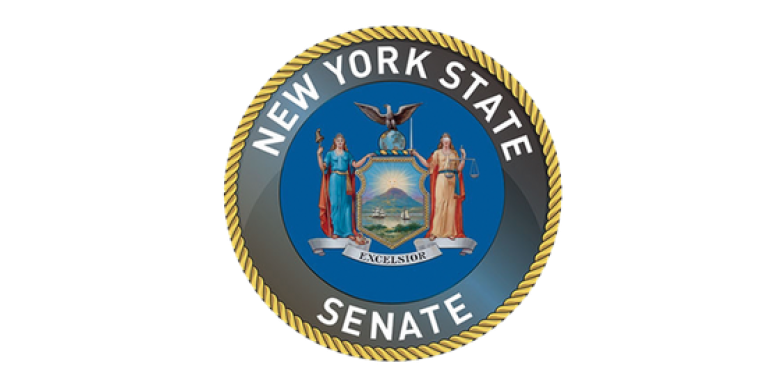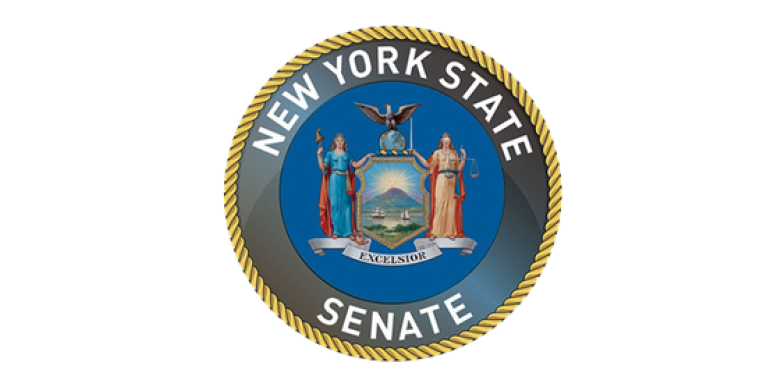
Serrano Op-ed On Supermarket Closures

Saving Supermarkets, Protecting Our Health: State support of grocery stores means more jobs and lower medical bills
The inevitable question in any presidential race is whether the candidate knows the price of milk or eggs. But as supermarkets continue to close across the city, the question may become: where can I even find milk or eggs?
A recent report by the Department of City Planning estimates that nearly 3 million New Yorkers live in high-need supermarket areas. In East Harlem, where my district office is located, at least six supermarkets have closed in the past couple of years. East Harlem also suffers disproportionately from diet-related diseases such as heart disease, diabetes and obesity.
Earlier this year, I convened a task force of community stakeholders to identify the root causes of the problem and have been working to develop comprehensive solutions. We have sat down with supermarket companies, housing developers and nonprofit advocates, as well as Benjamin Thomases, the new food policy coordinator for Mayor Bloomberg.
What lies at the heart of the problem is rising rent, increasing food prices and the cost of doing business. We are currently looking at a variety of short- and long-term solutions. For example, at least 500,000 residents in this city qualify for the federally financed food stamp program but are not enrolled. We must increase enrollment.
In addition to getting more dollars into the hands of consumers, we must also figure out innovative ways to help supermarkets cut costs. A major expenditure comes from the rapidly increasing costs of energy used to power refrigerators and lights. Helping grocers to use energy more efficiently and other cost cutting mechanisms may play a role in a potential solution.
More broadly, I believe that targeted action by the New York State government can stimulate the industry. I am working to design legislation to address the situation head-on. Our neighbors in Pennsylvania provide us with a wonderful model of what can be accomplished when the public and private sectors work together to tackle problems. The Fresh Food Financing Initiative has helped to improve food access throughout low-income communities in that state.
The Pennsylvania government put up $20 million and private sources contributed $60 million to create a program that offers loans and grants to potential grocers. More than 50 stores have received money from the program, creating upwards of 1.2 million square feet of food retail space and thousands of jobs.
Furthermore, I have been in communication with the New York State Council on Food Policy, an advisory body created by the governor to advise the government on statewide food policy. Representatives from the Food Policy Council will be at the State Office Building in Harlem on Thursday, May 29 from 5 to 7 p.m. to listen to residents' concerns and work collaboratively with local officials to craft solutions.
Any money the New York State government puts into financing supermarkets is a direct investment in the communities and the residents of this state. A program designed to help supermarkets will create jobs and revitalize local economies. Access to nutritious and affordable food will help keep our residents vibrant and healthy.
What it comes down to is being proactive about public health. We can invest now in healthy food or pay later in bloated healthcare bills.
Reprinted from Op-Ed that appeared in Our Town East Side.



